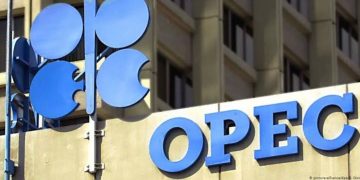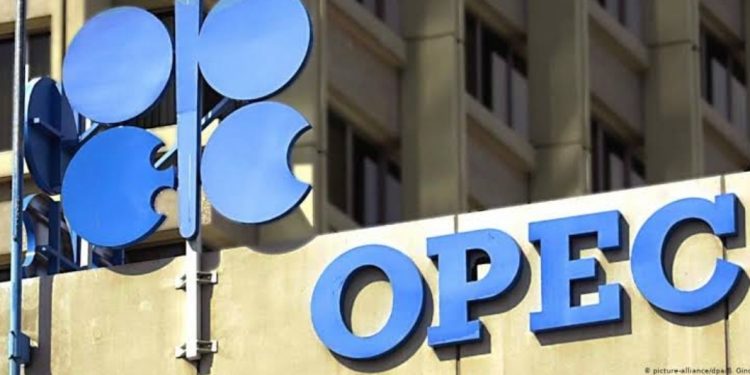By John Ikani
OPEC has once again stirred controversy by denying media accreditation to reporters from three prominent financial news outlets, including Bloomberg, Reuters, and The Wall Street Journal, for its upcoming conference in Vienna.
The move follows a previous incident in which the Vienna-based Organization of the Petroleum Exporting Countries revoked accreditations for a June meeting involving its 13 member nations, led by Riyadh, and their 10 allies, headed by Moscow.
Reacting to the media ban, a statement from the US news agency, consulted by AFP on Thursday, stated, “We are very concerned by the prospect of OPEC excluding certain journalists, including from Bloomberg, from next week’s seminar.”
The agency further emphasized the importance of market transparency and strongly advocated for OPEC to allow journalists from relevant global news outlets to attend.
Reiterating the impact of the ban, Reuters confirmed that they had also been targeted, while a source close to the matter informed AFP that The Wall Street Journal did not receive an invitation either.
The forthcoming conference, scheduled to take place on July 5-6 at Vienna’s Hofburg Palace, will host esteemed speakers such as Saudi Energy Minister Prince Abdulaziz bin Salman, the head of British oil giant BP Bernard Looney, and the European Energy Commissioner Kadri Simson.
When approached for comment, Austria’s Foreign Ministry, which plans to attend the event, declined to address the ban directly but took the opportunity to stress the significance of media freedom in a democratic society, including enabling media coverage of political developments.
The OPEC press office has not yet provided an immediate reaction to the media ban.
Last month, OPEC Secretary General Haitham Al-Ghais defended the organization’s media strategy, stating that media invitations are determined on a case-by-case basis, as “this is our house and this is the way we decide to conduct our media strategy.”
Established in 1960, OPEC’s primary objective is to coordinate and unify petroleum policies among its members to secure fair and stable prices for producers.
In 2016, the organization formed the OPEC+ group in partnership with ten countries, collectively accounting for 60 percent of the world’s oil production.




































